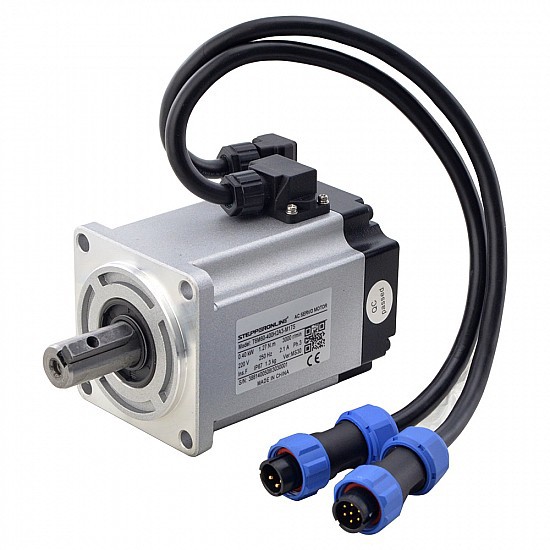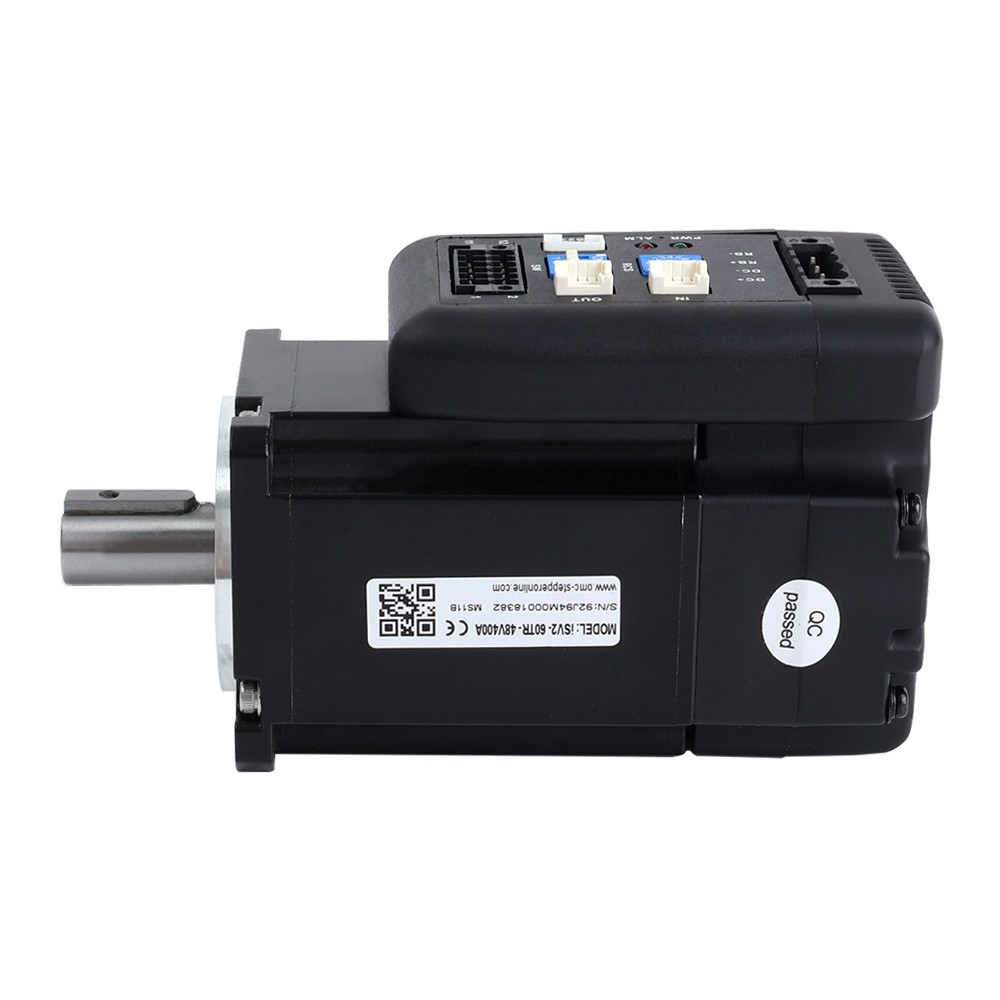1. Keep the servo motor away from oil and water
A: The servo motor can be used in places that are affected by water or oil droplets, but it is not completely waterproof or oil-proof. Therefore, the servo motor should not be placed or used in an environment flooded with water or oil.
B: If the servo motor is connected to a reduction gear, an oil seal should be used when using the servo motor to prevent the oil from the reduction gear from entering the servo motor.
C: Do not immerse the servo motor cable in oil or water.

2. Servo motor cable
A: Ensure that the cable is not subject to moments or vertical loads due to external bending forces or its own weight, especially at cable exits or connections.
B: When the servo motor is moving, the cable (the one configured with the motor) should be firmly fixed to a stationary part (relative to the motor) and should be extended with an additional cable installed in the cable holder. it, so that bending stress can be minimized.
C: Make the bend radius of the cable as large as possible.
3. Allowable shaft end load of servo motor
A: Make sure that the radial and axial loads added to the servo motor shaft during installation and operation are controlled within the specified values of each model.
B: Be extremely careful when installing a rigid coupling, especially as excessive bending loads may cause damage or wear to the shaft end and bearings.
C: It is best to use a flexible coupling to keep the radial load below the allowable value. This coupling is specially designed for servo motors with high mechanical strength.
4. Notes on servo motor installation

A: When installing/disassembling the coupling component to the servo motor shaft end, do not directly hit the shaft end with a hammer. (If the hammer hits the shaft end directly, the encoder on the other end of the servo motor shaft will be damaged)
B: Try your best to align the shaft end to the best state (if done incorrectly, it may cause vibration or bearing damage).
Discussions
Become a Hackaday.io Member
Create an account to leave a comment. Already have an account? Log In.